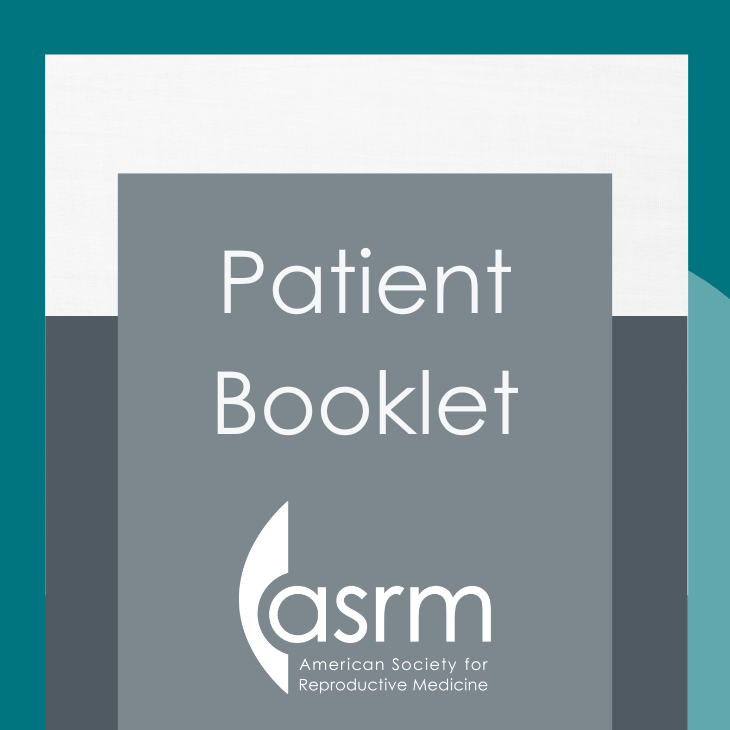Sperm DNA integrity testing: what is it?
Revised 2015
What is sperm DNA testing?
Genetic material is carried in our DNA, also known as deoxyribonucleic acid. The DNA in sperm can be analyzed for damage. It is thought that abnormal DNA could lead to abnormal sperm function and, therefore, reduced fertility.How is sperm DNA tested?
A sperm sample is collected and the amount of DNA damage is calculated. Several different tests can examine the DNA for damage, including:- Sperm chromatin structure assay (SCSA) testing
- Terminal deoxynucleotidyl transferase dUTP nick end labeling (TUNEL) assay
- Single-cell gel electrophoresis (COMET) assay
What is the purpose of sperm DNA testing?
The hope is that these tests can be used to distinguish between fertile and infertile men. It is expected that fertile men will have higher levels of normal sperm DNA than infertile men.
What can sperm DNA testing tell us?
There is not enough evidence to use sperm DNA testing to predict if a couple can get pregnant naturally with intrauterine insemination (IUI), in vitro fertilization (IVF), IVF and intracytoplasmic sperm injection (IVF/ICSI), or if they are prone to losing a pregnancy (miscarriage).For a test to be useful in a clinical setting, it must be reproducible with a particular kind of patient and be found to change the care of that patient.
Many studies show that there is a link between sperm DNA damage and infertility or miscarriage. Men who are fertile tend to have less sperm DNA damage. Men who are infertile tend to have high levels of damage and abnormal semen analyses.
However, some studies suggest that sperm DNA testing may predict whether a man can father a pregnancy under certain conditions while other studies do not. The studies use different methods of sperm DNA testing and have small pools of participants. Therefore, there is not enough evidence to show that any specific technique can accurately predict fertility or miscarriage when combined with any treatment. However, this predictability may improve as new techniques are developed, current techniques are better understood, and more studies are published.
Who should have sperm DNA testing done?
The test is considered experimental and is not recommended in the routine evaluation of an infertile couple.
Sperm
Fact Sheets/Booklets
View more fact sheets and booklets written by the ASRM Patient Education Committee.
Assisted Reproductive Technologies (booklet)
This booklet will help you understand in vitro fertilization (IVF) and other assisted reproductive technology (ART) that have become accepted medical treatments for infertility.
Hormonal Contraception
Hormonal contraceptives contain a progestin (progesterone medicine) with or without an estrogen.
What do I need to know about Zika virus and trying to have a baby?
Common symptoms include fever, rash, joint pain, conjunctivitis (red eyes), muscle pain, and headache.
Third-Party Reproduction
The phrase “third-party reproduction” refers to involving someone other than the individual or couple that plans to raise the child (intended parent[s]) in the process of reproduction.Find a Health Professional
Connect with reproductive medicine experts who will guide you through your unique journey. Our search tool allows personalized matches based on location, specialization, and expertise. Take control of your reproductive health with compassionate providers, innovative treatments, and unwavering support.
Search for an Expert











